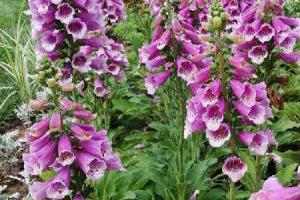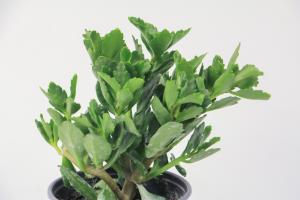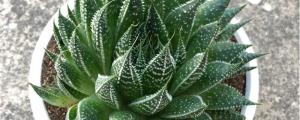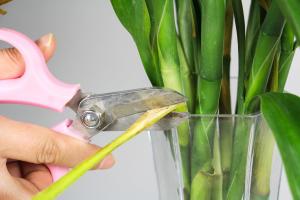Introduction
Mosquitos are commonly known as disease carriers that cause malaria, dengue fever, yellow fever, and many other harmful diseases. Mosquitos lay eggs on stagnant water, but many people often wonder if mosquitos will lay eggs on plants in water. This article aims to explore whether mosquitos will lay eggs on plants in water and the implications of such behavior.
Water Plants and Mosquitos
Mosquitos need stagnant water to lay their eggs, which is why they are usually found in standing water. However, mosquitos can also lay eggs on plants growing in water, such as water hyacinths, water lilies, and duckweeds. Plants provide a breeding ground for mosquitos to lay their eggs and for the larvae to develop. The plants' leaves provide a suitable surface for mosquitos to lay their eggs, and the decaying plant matter can also provide nutrients to foster the growth of larvae.
The Implications of Mosquitos Laying Eggs on Plants in Water
Mosquitos laying eggs on plants in water can have several implications. Firstly, it can be challenging to eliminate mosquitos in water bodies with plants growing in them. Treatment of stagnant water with chemical insecticides, such as larvicides, may not be as effective in water bodies with plants due to the protective effect of the leaves. This can lead to the persistence of mosquito populations and the spread of mosquito-borne illnesses.
Secondly, the presence of water plants can increase habitat diversity for mosquitos. Since mosquitos have a preference for laying eggs in specific types of plants, the presence of different plant species provides ample opportunities for mosquito breeding. Additionally, mosquitos can use plants as a refuge from predators and adverse environmental conditions, making it more challenging to control mosquito populations.
Control Measures
Mosquito control measures are necessary to prevent the spread of mosquito-borne illnesses. Some control measures can be implemented to manage water bodies with plants that mosquitos can lay eggs on. Firstly, drainage of stagnant water should be encouraged to prevent the breeding of mosquitos. Secondly, the removal of plants that mosquitos can lay eggs on can be helpful in relieving the mosquito population. Lastly, the use of biological control agents, such as mosquito fish and Bacillus thuringiensis israelensis, can also be effective in controlling mosquito populations.
Conclusion
Mosquitos can lay eggs on plants growing in water, presenting a challenge in controlling mosquito populations in stagnant water bodies. The presence of water plants can increase habitat diversity for mosquitos, making it more challenging to manage mosquito populations. Therefore, to prevent the spread of mosquito-borne illnesses, appropriate control measures, such as drainage, removal of plants, and biological control agents, should be taken in water bodies with plants that mosquitos can lay eggs on.

 how many times do yo...
how many times do yo... how many planted tre...
how many planted tre... how many pine trees ...
how many pine trees ... how many pecan trees...
how many pecan trees... how many plants comp...
how many plants comp... how many plants can ...
how many plants can ... how many plants and ...
how many plants and ... how many pepper plan...
how many pepper plan...






























